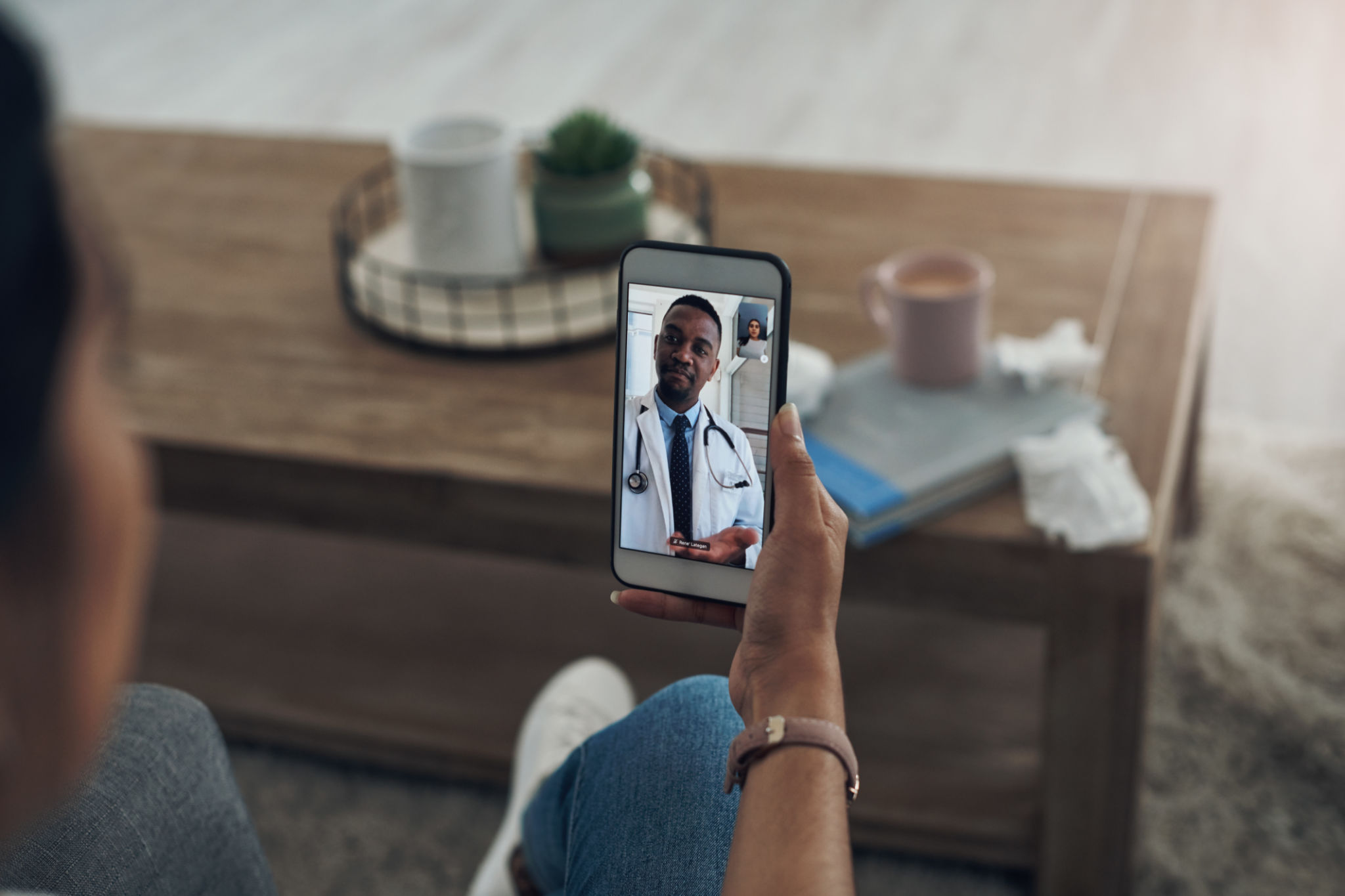Maximizing Remote Health Services: What You Need to Know About Tele Urgent Care
TA
Understanding Tele Urgent Care
Tele urgent care is rapidly becoming a cornerstone of modern healthcare, allowing patients to receive immediate medical attention from the comfort of their own homes. This service is particularly advantageous for those with limited mobility or living in remote areas. By using telecommunication technology, healthcare providers can diagnose and treat non-life-threatening conditions, making healthcare more accessible and efficient.

Benefits of Tele Urgent Care
There are numerous benefits to utilizing tele urgent care services. First and foremost, it offers convenience. Patients no longer need to endure long waiting times or travel distances to see a healthcare professional. Additionally, it promotes timely medical intervention, which can prevent conditions from worsening.
Another significant advantage is cost-effectiveness. Virtual consultations often cost less than in-person visits, and they save patients money on transportation and time off work. Moreover, tele urgent care can reduce the strain on emergency departments by diverting non-critical cases to virtual platforms.
How Tele Urgent Care Works
The process of accessing tele urgent care is straightforward. Patients typically start by contacting a healthcare provider through an online portal or mobile app. After providing some basic information and symptoms, they are connected with a medical professional via video call. During the consultation, the provider can assess the patient's condition, offer medical advice, and if necessary, prescribe medications.

What Conditions Can Be Treated?
Tele urgent care is suitable for treating a variety of non-emergency health issues. Common conditions include:
- Cold and flu symptoms
- Minor infections
- Allergies
- Skin conditions
- Minor injuries like sprains
Preparing for a Tele Urgent Care Visit
To make the most of your tele urgent care appointment, it's essential to prepare in advance. Start by ensuring your internet connection is stable and that you have a compatible device with a camera and microphone. Gather any relevant medical history or current medications you are taking to provide accurate information to your healthcare provider.
Additionally, have a list of your symptoms and any questions ready. This preparation will help you make the most of your consultation time and ensure that you receive the best possible care.

Challenges and Limitations
While tele urgent care offers many benefits, there are some challenges and limitations to consider. Not all medical conditions can be effectively diagnosed or treated remotely. In cases where a physical examination or diagnostic testing is required, an in-person visit may still be necessary.
Moreover, access to technology and internet connectivity can be a barrier for some individuals, particularly in rural or underserved areas. Ensuring equitable access to telehealth services is an ongoing challenge that healthcare systems must address.
The Future of Tele Urgent Care
As technology continues to advance, the scope and capabilities of tele urgent care are likely to expand. Integration with artificial intelligence, improved diagnostic tools, and more robust security features are just a few areas where growth is anticipated. These advancements will further enhance the quality and accessibility of remote healthcare services.
In conclusion, tele urgent care represents a significant step forward in the evolution of healthcare delivery. By understanding its benefits and limitations, patients can make informed decisions about when and how to use these services effectively.